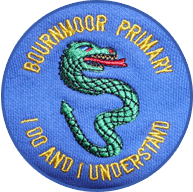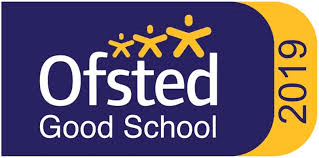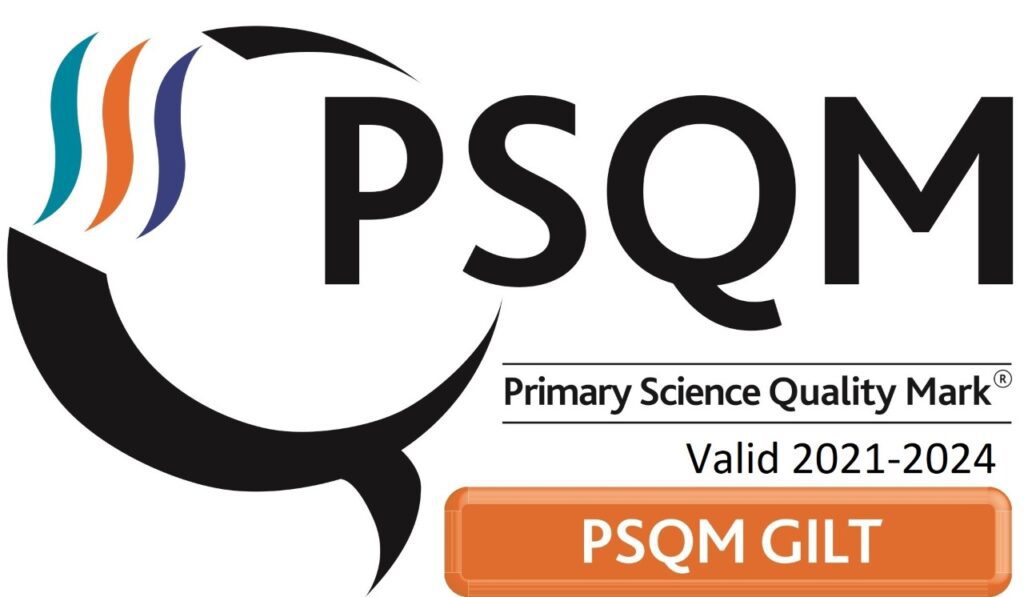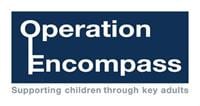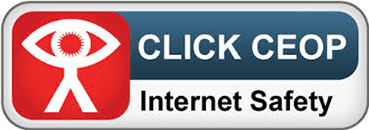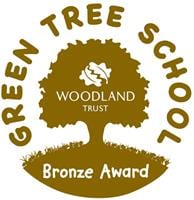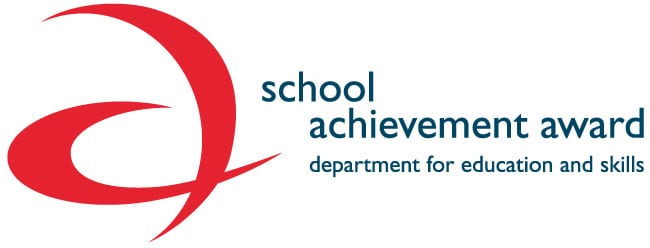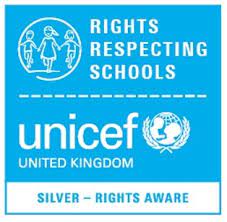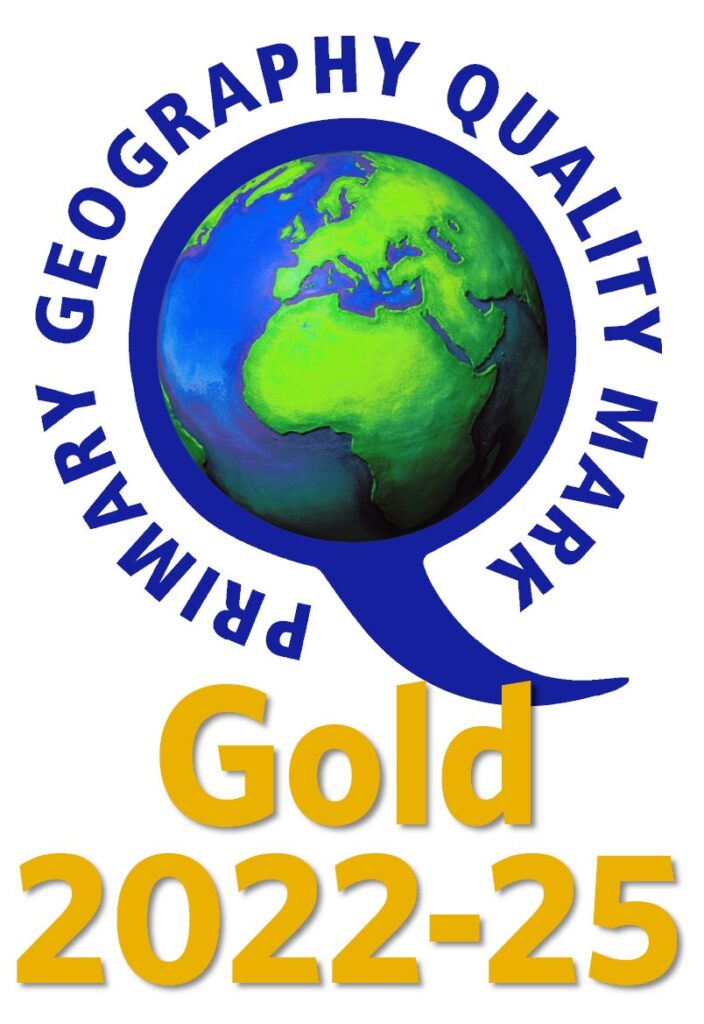PSHE at Bournmoor Primary School
The aims of personal, social and health education and citizenship are to enable the children to:
- know and understand what constitutes a healthy lifestyle;
- be aware of safety issues;
- understand what makes for good relationships with others;
- have respect for others;
- be independent and responsible members of the school community;
- be positive and active members of a democratic society;
- develop self-confidence and self-esteem, and make informed choices regarding personal and social issues;
- develop good relationships with other members of the school and the wider community.
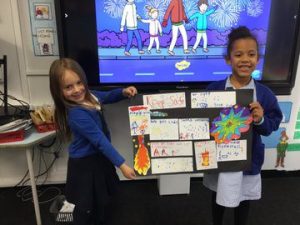
Planning and organisation of the subject
PSHE at Bournmoor Primary School covers all non-statutory curriculum guidelines and also includes RSE and Drugs Education lessons. Our Programme of Study has three core themes: Health and Well-being, Relationships, and Living in the Wider World. Each year group has a number of core learning outcomes related to these three key themes. In addition to this, teachers personalise the PSHE curriculum for the needs of their class and make close links with the curriculum topics and relevant issues affecting the children, our school and community and the wider world. We have whole school themed weeks and themed days relating to topics such as leading healthy lifestyles, anti-bullying, internet safety and financial awareness. We have achieved the Rights Respecting School award and promote this throughout school in a variety of ways such as ‘Value of the Month Champion’ award and whole school assemblies.
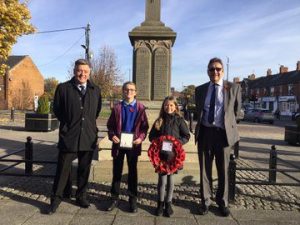
Teaching styles and strategies
PSHE is covered in a variety of ways in our school and it is taught as a discrete subject in all classes where lessons are based around key learning outcomes for specific year groups, stories and key issues. It is taught through a range of teaching and learning styles through the Jigsaw scheme which promotes active learning including discussion, drama, role-play, circle time and through the use of other published materials including books. It is also delivered through teaching in other subjects, in line with our creative curriculum plans. In addition, PSHE forms an integral part of the ethos of the school as a whole as pupils are provided with a range of everyday experiences which play an important part in promoting the social, moral, spiritual, cultural, economic, mental and physical development of our pupils. Each class has a ‘PSHE Learning Journey’ in which outcomes of the teaching of PSHE are recorded as evidence in a variety of ways such as written work, photographic evidence of practical activities and displays.
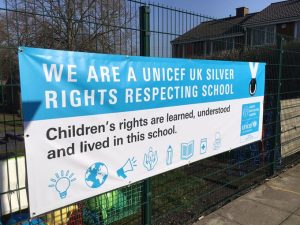
How the subject is assessed
Foundation Stage
PSHE is taught as an integral part of topic work in EYFS. The PSHE and citizenship aspects of the children’s work are continually assessed informally against the objectives set out in the Early Learning Goals through observations of child-initiated and adult led tasks, particularly against the prime area ‘Personal, Social and Emotional Development’ of the EYFS curriculum in which it links closely to. Outcomes are also recorded in the children’s learning journeys and the whole class PSHE Learning Journey. Pupils achievements are shared with parents in their reports and through our home/school links via our Tapestry app.
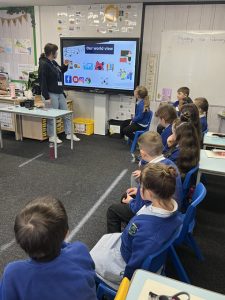
Key Stage One and Two
Teachers assess the children’s work in PSHE by making informal judgements as they observe them during lessons or through professional dialogue with other members of staff. These assessments are made against the clear expectations of what pupils will know, understand and be able to do at the end of each Key Stage. Teachers evaluate the achievements of pupils in PSHE and report these to parents each year.
Impact
- Our Rights Respecting School Award (Silver) submission was successful. This reflects our commitment to quality PSHE teaching and learning in our school and supporting the rights of children. We are proud to be a Rights Respecting School.
- Staff regularly include PSHE into their timetable, completing lesson from our planning and they include nationwide events.
- Staff keep class files regularly updated with evidence of children’s learning.
- Rights are regularly referred to school-wide in adult led tasks and in less formal discussions.
- School Council members are democratically elected each year and share the views of their peers in regular meetings with the subject leader.
- The PSHE co-ordinator attends network meetings for latest expectations and updates.
- We continue to learn about current affairs through watching suitable news programmes such as Newsround and discussing appropriate, key issues.
- We promote the ‘Value of The Month’ in our school and this helps to develop children’s understanding of values e.g. kindness, resilience, determination, etc.
